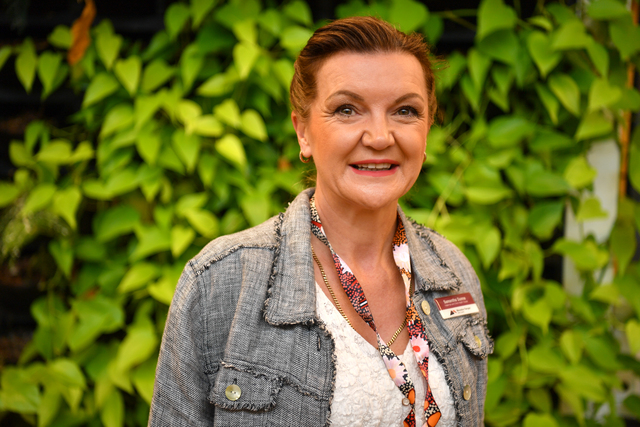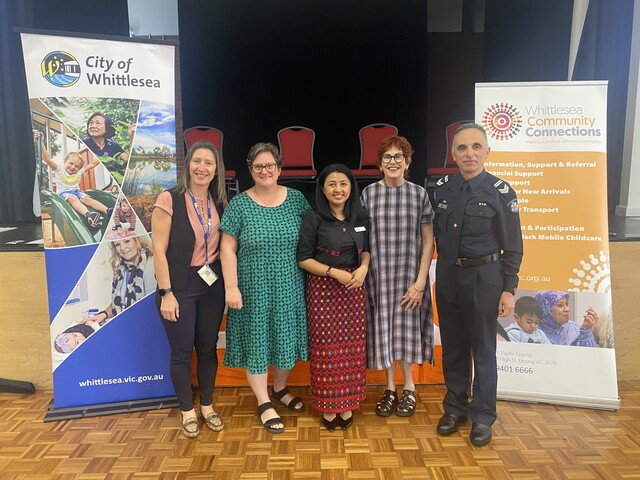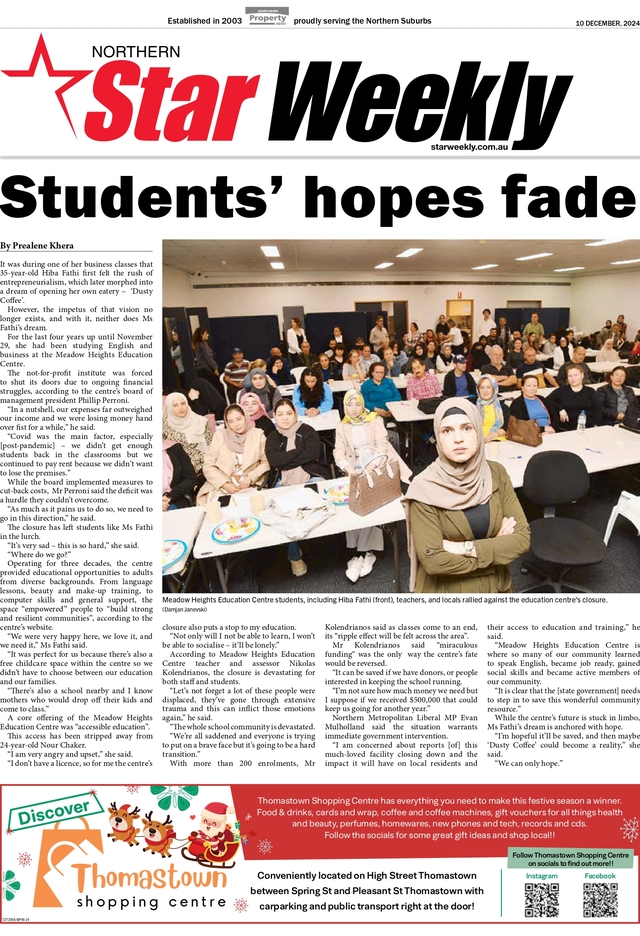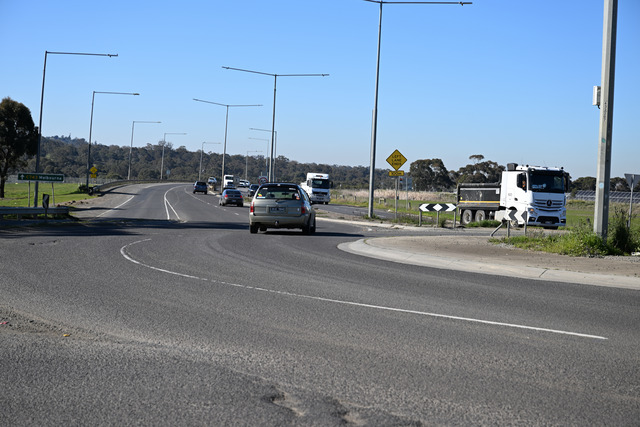World Breastfeeding Week is a global campaign aiming to raise awareness of the importance of breastfeeding and the benefits it provides to mothers, children, and public health.
Running from August 1–7, this year’s theme is ‘breastfeeding for all’ – a vision for increased inclusivity and further efforts in addressing barriers to accessing breastfeeding support.
Macedon-based lactation consultant Samantha Turner-Dunne is passionate about breastfeeding and its broad benefits.
“If you had to introduce one public health program to benefit the health and the wellbeing of your community the most and decrease maternal and infant morbidity – and even mortality – the most successful thing you could do is teach, educate, and promote breastfeeding, because the long-term effects on the health and wellbeing for babies and for people is profound,” Ms Turner-Dunne said.
She said language barriers are just one of the challenges many face in accessing breastfeeding support.
She said in many cases, women may avoid seeking support from resources such as lactation consultants because of several other issues that require time and attention.
“They’ve become refugees, or they’re so busy focussing on trauma that [breastfeeding] is just another challenge that they’ve got to put further down the food chain, [and] because they’ve got other really important things that they’re trying to deal with, they are less likely to get … support,” she said.
Ms Turner-Dunne said lactation consultants sometimes have access to interpreters and interpretive services to help with their consultations, but if these are not available, consultants will still do their best to help through other forms of communication and performing assessments.
“Part of the way that … women learn to breastfeed, there’s some intuitive basis to it. There are also demonstrative [ways] you can learn things … and there can be no speech. So there’s a lot of demonstrative work that can be done that … is helpful if English is a second language.”
Ms Turner-Dunne said breastfeeding also has important protective effects on babies.
“The mothers have less chance of breast cancers and … [It also] helps immunise and vaccinate the babies because it hands over all the immunoglobulins,” she said.
“They’ve realised that there [are] stem cells and white blood cells and enzymes … in breast milk and all the different roles that they play … it’s profound.”
Ms Turner-Dunne said that her job is rewarding, and that she enjoys making a positive impact on families and public health.
“I love my job – lactation consultants are really passionate about breastfeeding, and that’s why we go and study and make a specialised career out of it. We try [to] create safe spaces … we just want good emotional attachment between mothers and babies and the best health outcomes for all,” she said.
She said it is important to have widely accessible support, and that while breastfeeding is not an option for many women, lactation consultants will try to help where they can.
“When breastfeeding is successful, it’s one of the most enjoyable bonding experiences of their life … for 30 per cent of women, it is a challenge and they do need support … and we’re here for them. Sometimes it doesn’t work because it can’t.”
On the Australian Breastfeeding Association’s (ABA) website, it reports that many mothers feel a deep sense of loss, grief, and remorse when they are unable to breastfeed, and that families, friends, and counselling could be forms of support.
Ms Turner-Dunne said other resources provided by the ABA that could assist mothers include online multi-language information flyers and a network of volunteers who can provide peer-to-peer support.







